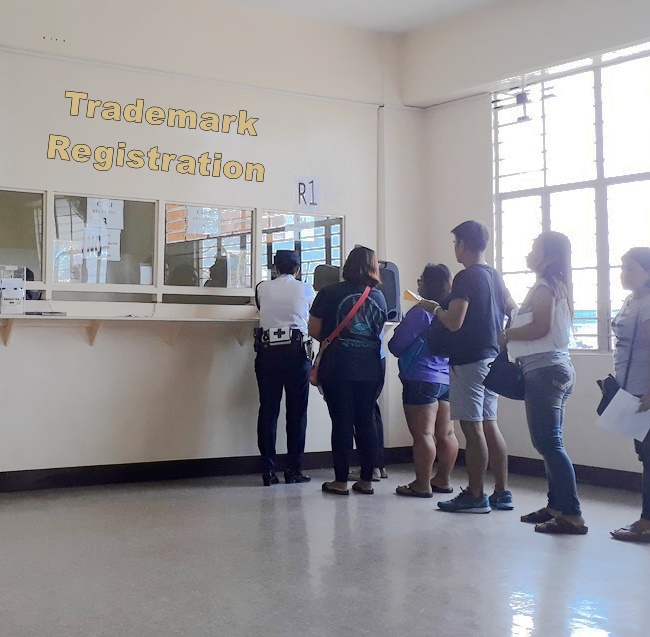Corporate Law
FCB Law Office’s Corporate Law practice spans the spectrum from Incorporation to Litigation of Corporate Disputes. Our goal with our clients is to avoid litigation by ensuring that they are compliant and so reduce their risk and expense that way.

TYPES OF CORPORATE LAW MATTERS
Common Corporate Law Matters are incorporating companies and registering foreign companies to do business in the Philippines. On-going legal services include acting as the corporate secretary, representative agent, or legal counsel of the business as well as litigating corporate disputes and DOLE cases.

Incorporation
Registrations of domestic corporations, partnerships, OPCs or sole proprietorships require submission at the SEC, City Hall, BIR and government statutory agencies. Different industries and tax incentives have different requirements which can be confusing without guidance. Read More

Foreign Corporations Doing Business in the Philippines
Foreign companies can do business in the Philippines as a Representative Office, a Branch Office, a Regional Headquarters or a Regional Operating Headquarters. Registrations at the SEC, City Hall, BIR and statutory agencies are required. Read more

Corporate Secretary
Corporate secretary work involves reporting corporate changes to the SEC, keeping minutes of the meetings of the Board of Directors, maintaining stock and transfer books and filing the annual General Information Sheet among others. Read More

Resident Agent
Resident Agents receive summons and legal pleadings for a foreign corporation doing business in the Philippines. A Resident Agent is similar to a Corporate Secretary as they both work with the Board, prepare minutes of meetings and work on the General Information Sheet. Read More

Legal Counsel
Legal counsel work helps corporate clients avoid expensive litigation by advising them on the right HR policies, customer contracts, and compliances. This risk management work is the central facet of our relationship with our clients. Contact Us

Intellectual Property
Registering and maintaining a trademark in the Philippines is the first step in protecting a company’s investment in brand building. Trademark infringement may require litigation. Contact Us

Litigation
When disputes arise between a company and a shareholder, client, employee or customer, litigation may be needed to resolve the issue. Litigation can be expensive and time-consuming so it is best to set expectations and determine legal strategy at the onset. Contact Us
HOW TO START A CASE
Contact Us
Contact Us through email. Include pertinent details and add any documents you may have. Try to be as thorough as possible so that we can quickly understand what you want to do.
Email Assessment
Based on the information you give us in your initial email, we will either send you clarificatory questions so that we understand the situation fully or present you a possible legal option and quote.
Formal Engagement
When you have signed the Legal Services Agreement and have send us enough information, we will assign a legal team to you to begin the drafting of any necessary documents.

WHAT TO EXPECT
100% foreign ownership possible
Foreigners can own 100% of businesses in the Philippines except for those that are protected industries due to security risks. For those industries that allow 100% foreign ownership, the capitalization amount can range from Php 5,000 or higher depending on the industry desired.


Capitalization differs per industry and by incorporator’s citizenship
Capitalization is generally about Php 5,000 per company but can increase based on the following factors. For example, a foreign incorporator has a higher capitalization amount depending on the industry and whether or not the company is export-oriented. Another factor is the specific industry targeted as industries such as banking have a higher capitalization requirement. The specific factors that drive up capitalization will depend based on the situation.
Legal Counsel helps avoid Risk
As companies grow, legal counsel is necessary in helping companies adhere to best practices. These best practices are often in Human Resources, Compliance and Reporting. The proper guidance can help companies reduce future litigation and penalties – or even suspensions of licenses. FCB Law Office’s approach is to work with our companies so that the approach is tailored to what they need and their specific situation, so that what is addressed is what is needed.

FURTHER READING

How do I register a trademark in the Philippines?
IPOPHL registration means that IP rights are recognized and can be protected from trademark infringement through administrative or court cases with better success...

Trademark Statistics in the Philippines
The Intellectual Property Office of the Philippines (IPOPHL) collects Trademark Statistics in the Philippines as part of its function of overseeing trademarks...

Trademark Infringement In The Philippines
Trademark infringement in the Philippines is any violation of any rights of the registered owner of a Mark under the law on Trademarks of the Intellectual Property Code, other applicable Intellectual Property Laws, and the acts en...

Your Guide to Limited Liability Company Registration in the Philippines
A domestic corporation in the Philippines, also known as a limited liability company or corporation (LLC), offers several key advantages for businesses...

Setting Up Your Business in the Philippines: Key Steps and Considerations
Making sure to understand the legal framework for business registration in the Philippines is important for ensuring a smooth and successful application...
Frequently Asked Questions
What is corporate law in the Philippines?
Corporate law in the Philippines is governed primarily by the Corporation Code of the Philippines (Batas Pambansa Blg. 68). This law defines the formation, organization and regulation of private corporations in the country.
What are the requirements for incorporating a business in the Philippines?
To incorporate a business in the Philippines, you generally need at least two but not more than fifteen incorporators, each of whom must hold at least one share and must be a resident of the Philippines. You must also prepare articles of incorporation and by-laws, which outline the purpose of your corporation and its corporate structure. These documents must be submitted to the Securities and Exchange Commission (SEC) for approval.
What is the minimum capital requirement for a corporation?
Can a foreigner own a business in the Philippines?
Yes, however the capitalization amount depends on which industry is entered and whether or not it is on the negative list.
What is a foreign-owned corporation in the Philippines?
A foreign-owned corporation is a corporation that is more than 40% owned by non-Filipino citizens. Certain sectors or industries in the Philippines restrict the percentage of foreign ownership.
Can a foreign corporation do business in the Philippines?
Yes, a foreign corporation can do business in the Philippines, but it must first secure the appropriate license from the SEC as either a Representative Office, a Branch Office, Regional Headquarters or a Regional Operating Headquarters. Certain industries and sectors may have restrictions on foreign participation.
What is a stock corporation?
A stock corporation is a corporation where the captial is divided into shares. It is authorized to distribute to the holders of such shares dividends of allotments on the surplus profits based on the number of shares held.
What is a non-stock corporation?
A non-stock corporation is a corporation where no part of its income is distributable as dividends to its members, trustees, or officers. These are usually formed for charitable, religious, educational, professional, cultural, fraternal, literary, scientific, social, civic service, or similar purposes.
How is a corporation dissolved?
A corporation can be voluntarily dissolved by the vote of at least two-thirds of its outstanding capital stock or members, or it can be involuntarily dissolved by the SEC on certain grounds such as fraud or serious misrepresentation.
